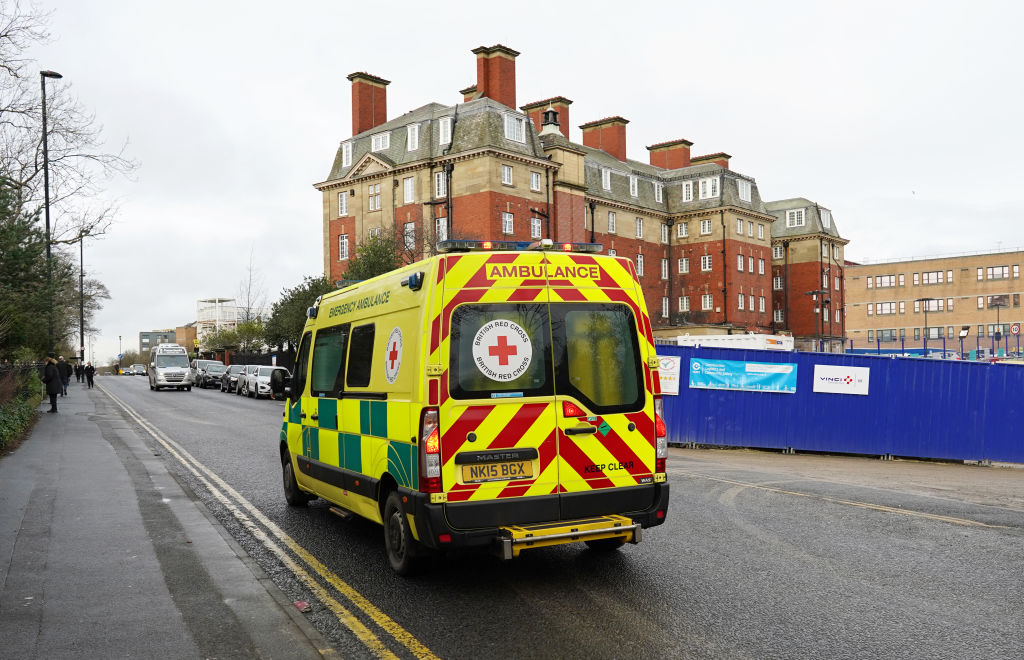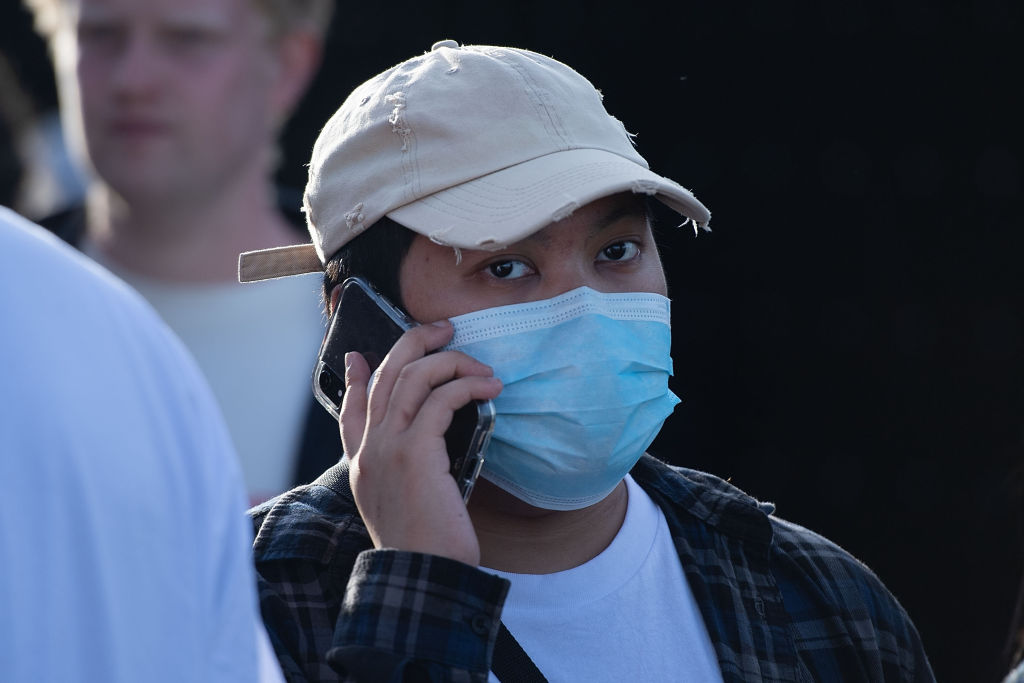Coronavirus: What are the symptoms of Covid-19 and how can I avoid catching it?

Having originated in China at the beginning of the year, a new coronavirus called Covid-19 has now spread to 24 countries, stoking fears of a pandemic.
There have been nine confirmed cases in the UK, five of which were linked to the same person.
The UK has raised the risk posed by the illness from low to medium.
But doctors have emphasised the risk to individuals remains low.
Here is everything you need to know about the symptoms of coronavirus and what you should do if you think you have caught Covid-19.
What are the symptoms of Covid-19?
The first signs of the coronavirus are a fever and a dry cough.
After about a week, this develops into shortness of breath and breathing difficulties akin to flu.

According to the World Health Organization (WHO), the incubation period – between infection and symptoms actually showing – can be up to 14 days.
Scientists are currently working on a vaccine for the illness.
How harmful is the coronavirus?
After analysing 17,000 people who have caught the disease, the WHO has concluded that on current evidence most cases appear to be mild.
Of those analysed, 82 per cent developed mild symptoms, 15 per cent developed severe symptoms, and three per cent became critically ill.
Although the figures are unreliable, the percentage of those dying from the coronavirus is only one to two per cent.
Generally, coronavirus can cause more severe symptoms in people with weakened immune systems, older people, and those with long-term conditions like diabetes, cancer and chronic lung disease.
The majority of those who have died so far have had pre-existing health conditions.
How can I avoid catching it?
Both the NHS and the WHO have given advice as to how you can avoid catching and spreading the coronavirus.
First, ensure that you wash your hands frequently with soap and water, or use a hand sanitiser gel, both of which can kill the bacteria.
Avoid sneezing or coughing into your hands. Use a tissue instead, and wash your hands afterwards in order to prevent spreading germs further.
Don’t touch your eyes, nose or mouth with dirty hands, because they may have become contaminated from touching dirty surfaces. If you touch your face you risk transferring the germs into your own body.
The WHO recommends keeping a distance of at least one metre between yourself and other people, especially those who are coughing and sneezing or have a fever.
It also advises that you should take care when handling animals or animal products, making sure to wash your hands thoroughly after doing so.
Avoid contact with any sick animals or any contaminated animal waste or fluids. There has been no evidence connecting pets such as cats and dogs to the illness, but it is good practice.
Should I wear a face mask?
There has been a increase in the amount of people wearing surgical masks in an attempt to avoid catching or spreading Covid-19.
However, experts have said there is little evidence such masks are an effective means of protecting oneself.

Dr Nathalie Macdermott, clinical lecturer at Kings’ College London, told Sky News: “Surgical masks are not designed with a very decent filter so they cannot filter out finer particles such as viruses.
“They also don’t always fit ideally around the face to provide enough protection for someone.
“We also breathe out humidified air which essentially moistens the mask over time and once that mask becomes moist it’s really no longer very effective”.
What should I do if I have been to China?
You should call 111 if you have been to Wuhan or Hubei Province in China in the last 14 days (even if you do not have symptoms).
You should also call if you have been to other parts of China – including Hong Kong and Macau – and have symptoms, or if you have been to Thailand, Japan, Taiwan, Singapore, Republic of Korea or Malaysia in the last 14 days.
If you have been in close contact with someone with the disease you should also ring.
It is important not to try and go to hospital but to stay indoors and avoid close contact with other people.
If there’s a chance you could have coronavirus, you may be asked to isolate yourself. To do this, you should remain at home, not go to work, not use public transport, and try not to have visitors.